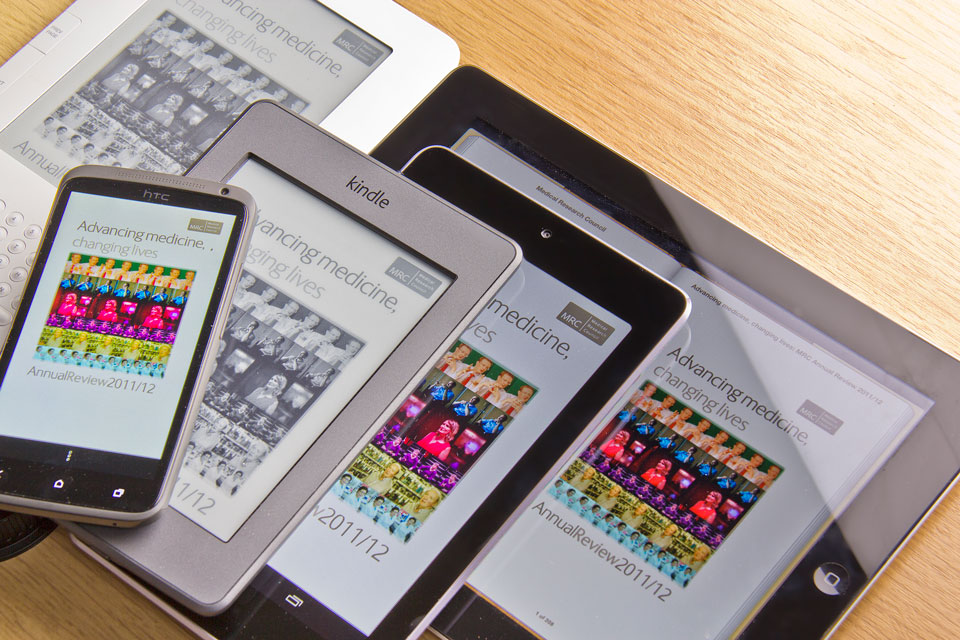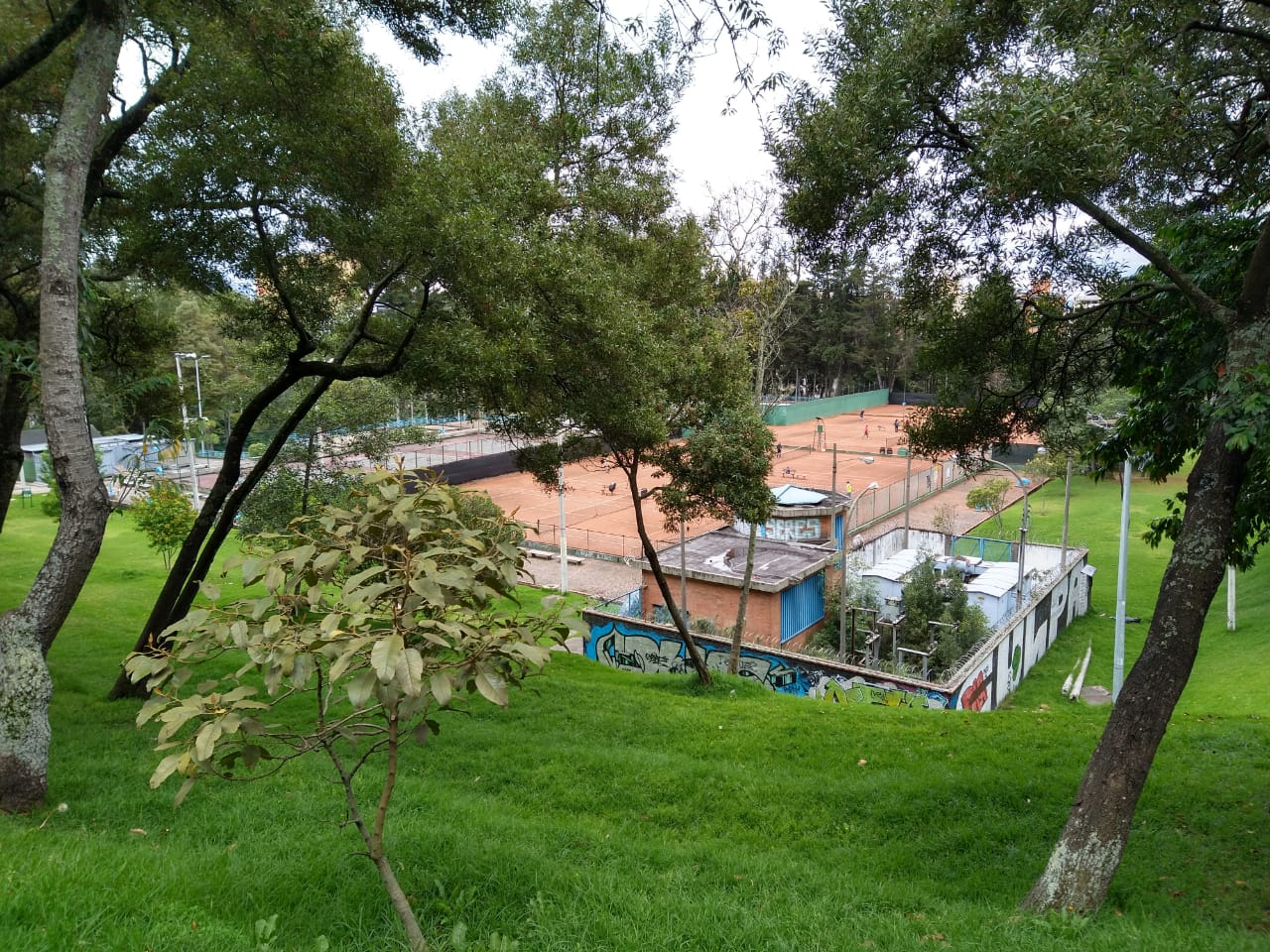
A year’s worth of reading? Maybe for the enthusiastic among us, but you should aim for at least a book a month if you can. Photo: poppet, Flickr
From finding good sources to helpful reading activities, Oliver Pritchard guides us through some ways to make the most of book learning
With the excellent FILBo coming up, we’re going to look at book learning and reading this week. Reading in English is particularly useful, much more than speaking or listening. The main reason for this is the massive quantity of data available online in English.
For example, the English version of Wikipedia has over five million articles, which is around four times as many as in español, and receives 58% of the web traffic to the site. Furthermore, many academic or scientific texts appear in English as standard, and it is almost always the first language that key texts are translated into. Basically, whether you like it or not, English is the language both of the internet and most international co-operation.
This means that being able to read in English makes your academic life much easier, and allows you to explore the non-Hispanophone world much more easily. Reading should never be limited only to the exercises in your textbook or in your classes – and with the wonderful resources available online, there is absolutely no need to do this.
Good sources of material for reading
Hopefully you’re reading this in the printed edition of The Bogotá Post, which means you are probably also enjoying all the other wonderful articles that I’m sure we must have written. However, if you’re reading this on our website or from a teacher’s copy, then go out and find a copy of the paper or write to us to ask for old copies. The articles are written in different styles by different people, so you can choose the articles that interest you.
Wikipedia has an excellent version of itself called ‘simple English’. There are only 118,000 articles here, compared to the millions available in ‘regular English’, but the language is very restricted, which makes it ideal for learners.
FILBo itself is a good source of English-language texts, both textbooks and novels. Some of this will be wonderful fiction, some of it will be research and some of it will be reference material. All of these provide excellent reasons to read.
Graded readers are another interesting resource. These are books designed for learners, with limited vocabulary and easier structures. Of course, you will lose some of the beauty of the writing, but they should be a lot easier to understand. Graded readers are available at most international bookshops.

With today’s influx of technology there’s no reason not to be reading, whenever the moment. Photo: Zak Mensah, Flickr
Strategies
You may have been told by your teachers about various ‘reading strategies’. Sadly, there is little real evidence that these actually work – or that any of these are any different from what you do in your first language. Most teachers simply teach reading strategies either because they are lazy or because it’s in a book they’ve been told to use.
However, we should talk quickly about reading strategies, both because students sometimes forget to do natural things in a foreign language and also because they can be useful for passing exams. Skimming, scanning and reading for detail are terms that teachers commonly use. Just remember that sometimes you need to read quickly and sometimes you need to read more carefully. It really is that simple. For those of you that are interested, ‘skimming’ or ‘scanning’ involved reading quickly for basic information and ‘reading for detail’ is reading more precisely.
Much more important is to develop ways of dealing with unknown vocabulary. Many of you will simply stop and panic, which is the worst idea possible. Sometimes, you can use context to get the meaning. This is very easy in English textbooks, although in real life, even native speakers (of any language) struggle with this. A simple answer is to look in a dictionary, and if you don’t have one, or you don’t have one on your phone, you can simply ignore it and move on. This last point is very interesting – once you accept that it’s not always necessary to understand every single word, you’ll find you read and learn much quicker. Think about words like sicalipsis in Spanish – even as a native speaker, you might need to look this up in a dictionary, which shows you that vocabulary is not always necessary.
Activities you can do while you read
Although reading is a passive activity, where you receive information rather than create it, there are some things you can do to try and be more active. For example, you can make notes on vocabulary that you have seen and reuse them in other sentences. This is particularly useful when you encounter new words or structures, or things you don’t normally see.
Another good exercise is to write a summary of what you have read. This helps you to practise analysing the most important parts of a text. It is also, of course, a very useful skill in the real world where you will often have to write reports or minutes from meetings. The ability to assess which details are most important is a skill that is worth developing.
Also, you can test your memory by seeing how many details you can remember, before going back and checking the text to see how accurate you were. This tests your information retention, which is a fancy way of saying memory. You might be surprised to see how many details simply enter your eyes and are quickly forgotten.
Comprehension exams
There are also exam strategies for those of you that want to take an English exam. These follow various patterns. There are True/False/Does Not Say questions, where you need to be very careful. Something is true or false only if it is explicitly referred to in the text. Your knowledge does not matter, neither does extrapolation.
Multiple choice questions are easy to do. Then there are substitution questions, where you are asked either for a synonym or to complete a sentence using words from the text. In these questions, try literally substituting the words to see if they still make sense. For example:
‘He feels happy when he is consuming’
‘He feels happy when he is __________’
Substitute: writing / reading / eating / playing
Finally there are paragraph questions. For these, you need to identify the main idea of a paragraph and provide either a title or a summary. The first line or two of a paragraph will usually give you a clue as to the intention of the paragraph as a whole. If that is not true, then try looking at the end of the paragraph.
So that’s reading! Remember that the best way to practise reading is, well, by actually reading. There is simply no other way to improve your reading. There are many resources online to help you, as well as this paper and the others that we have mentioned earlier. Good luck and work hard!





